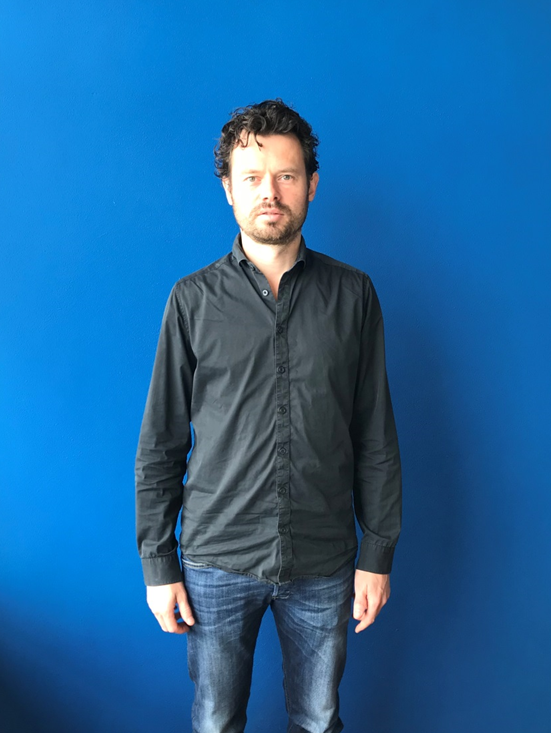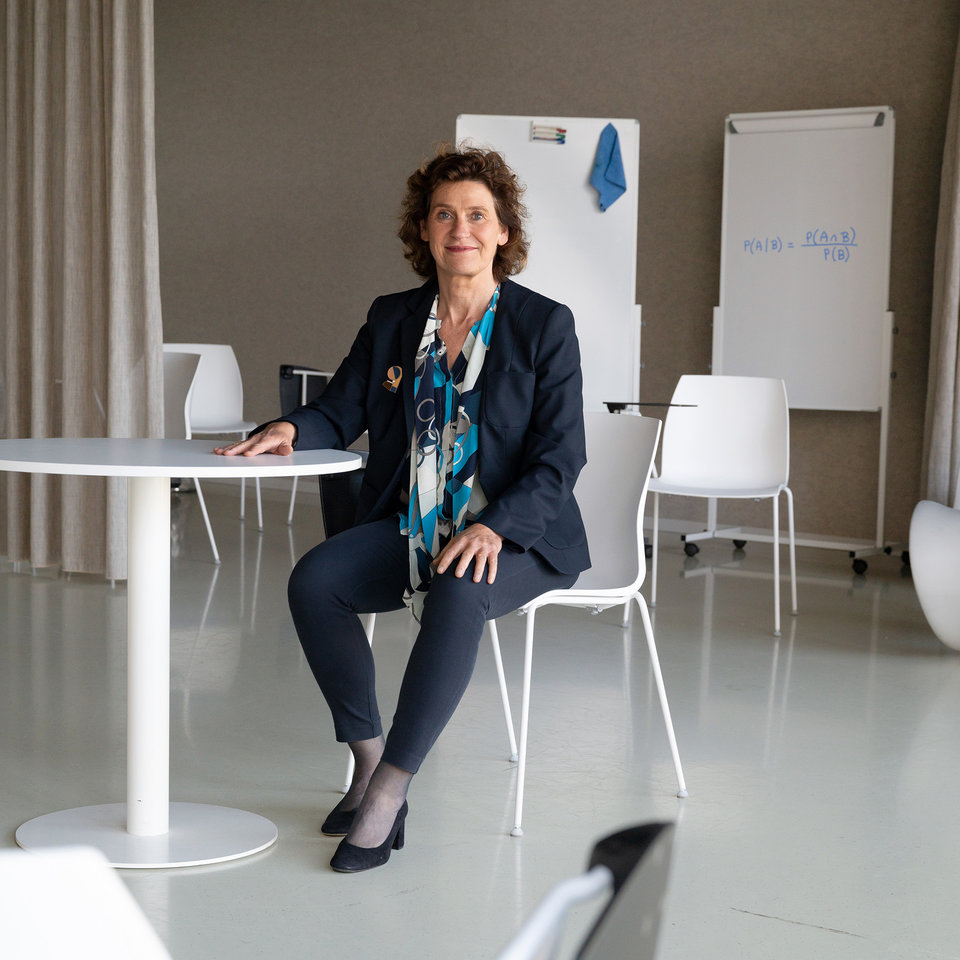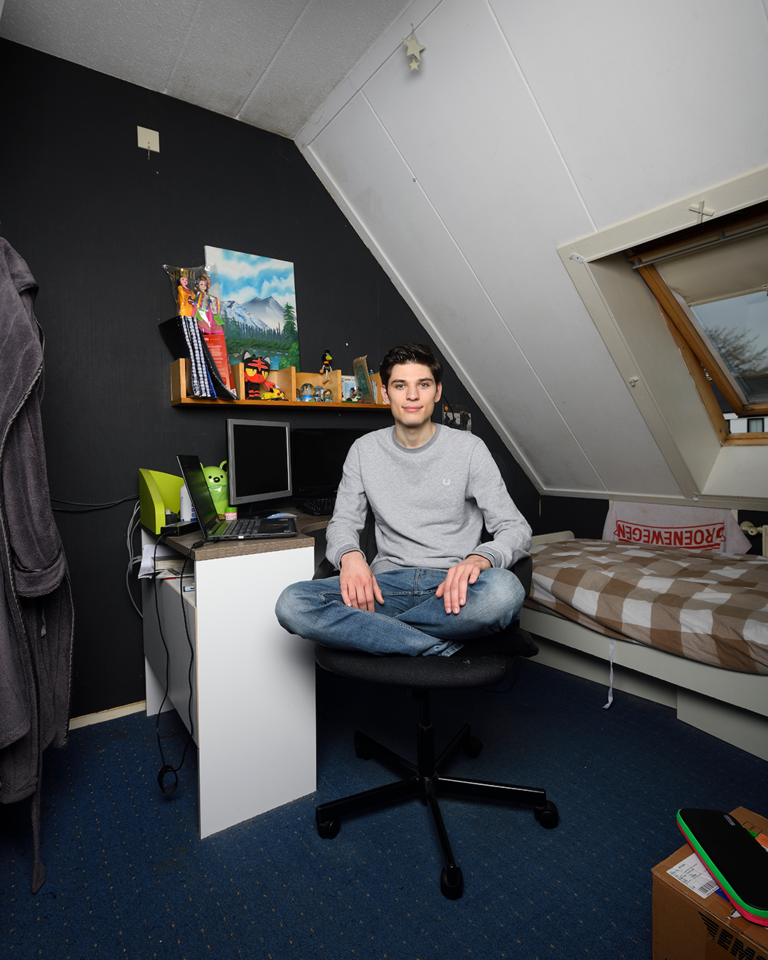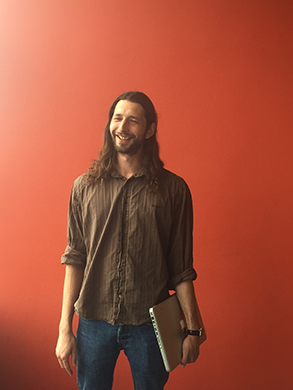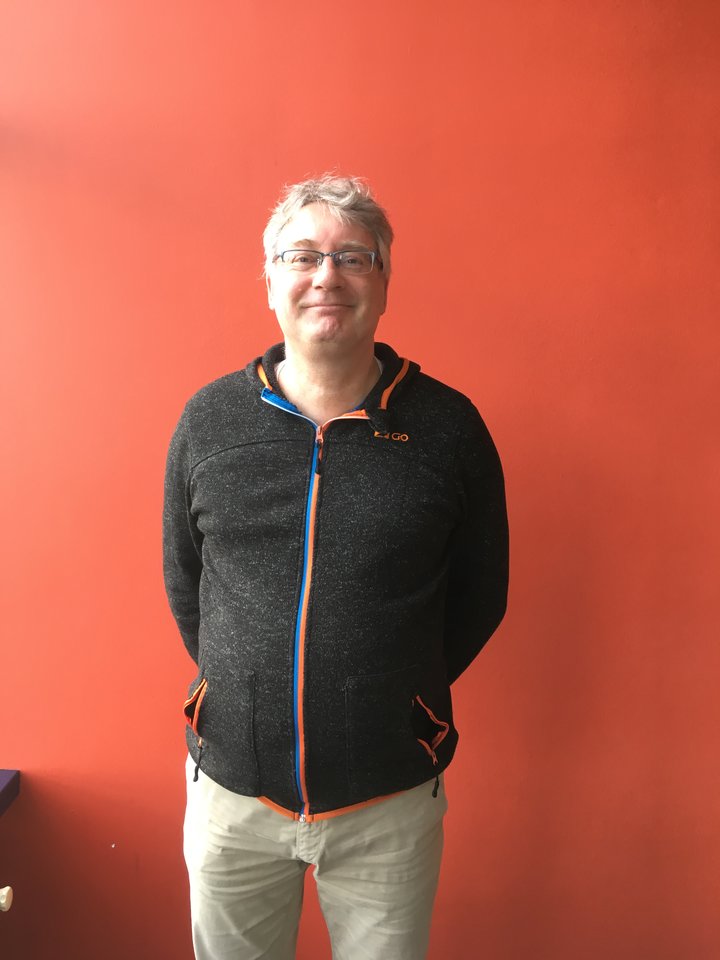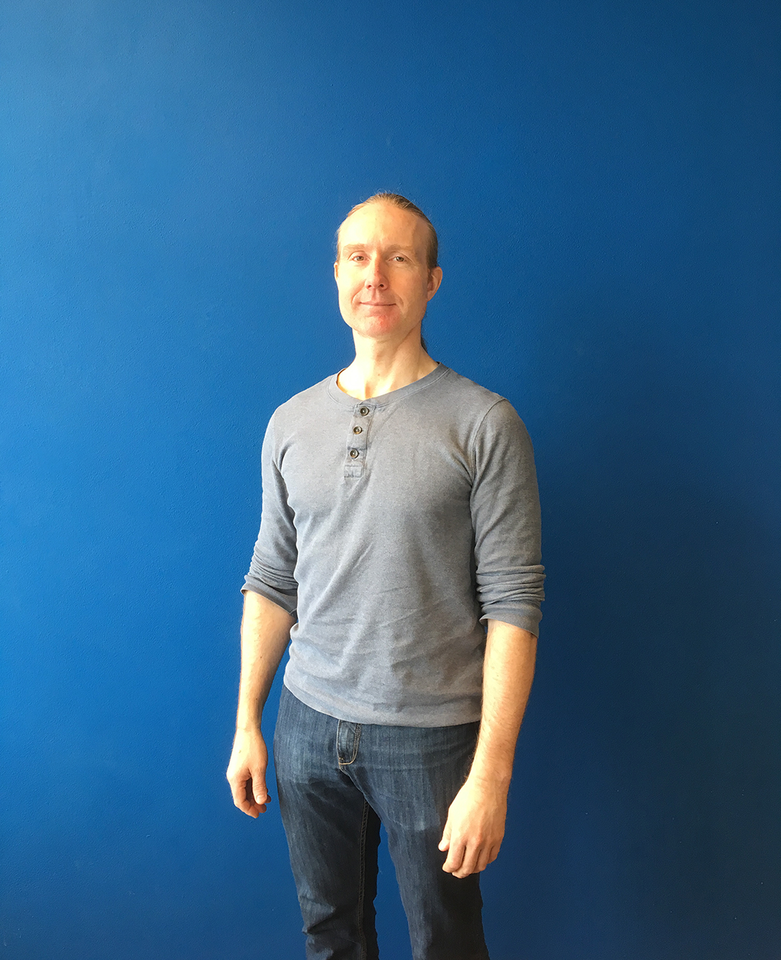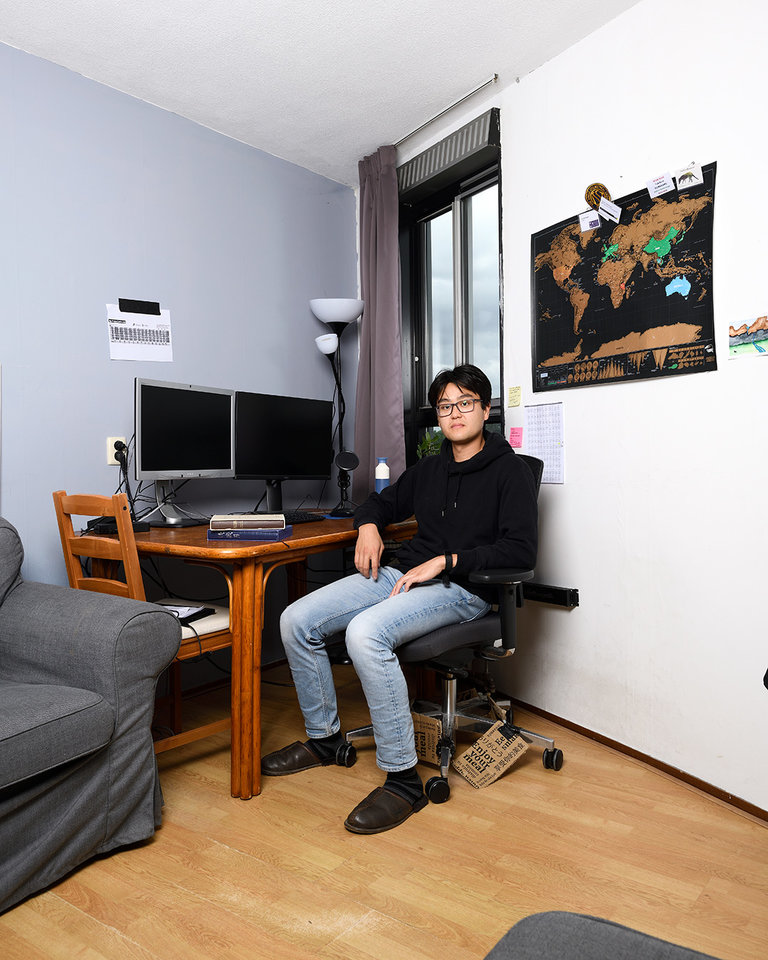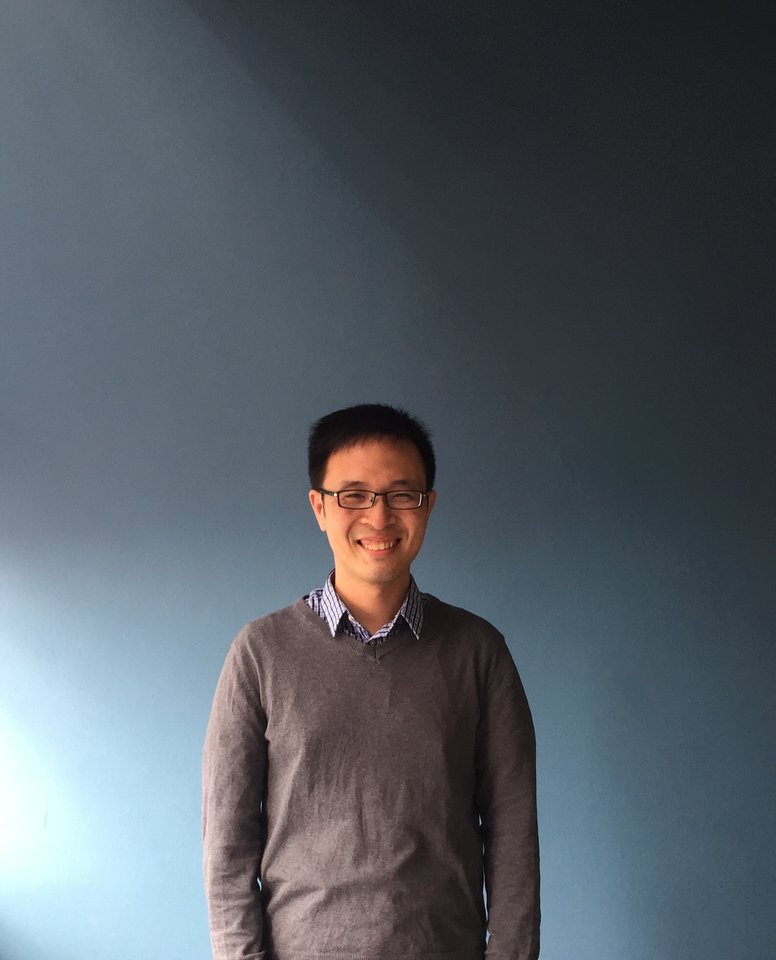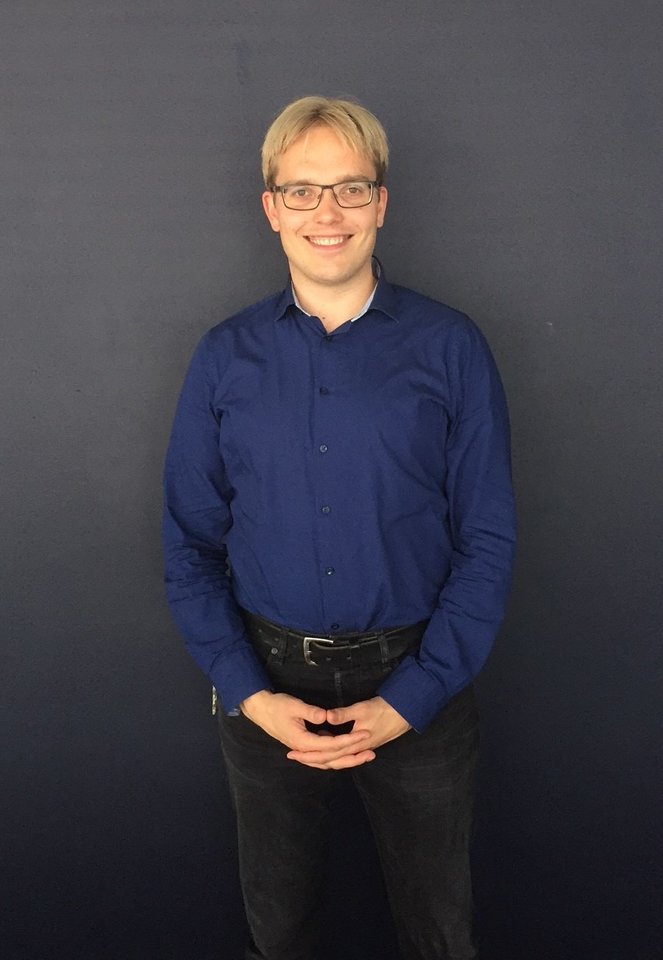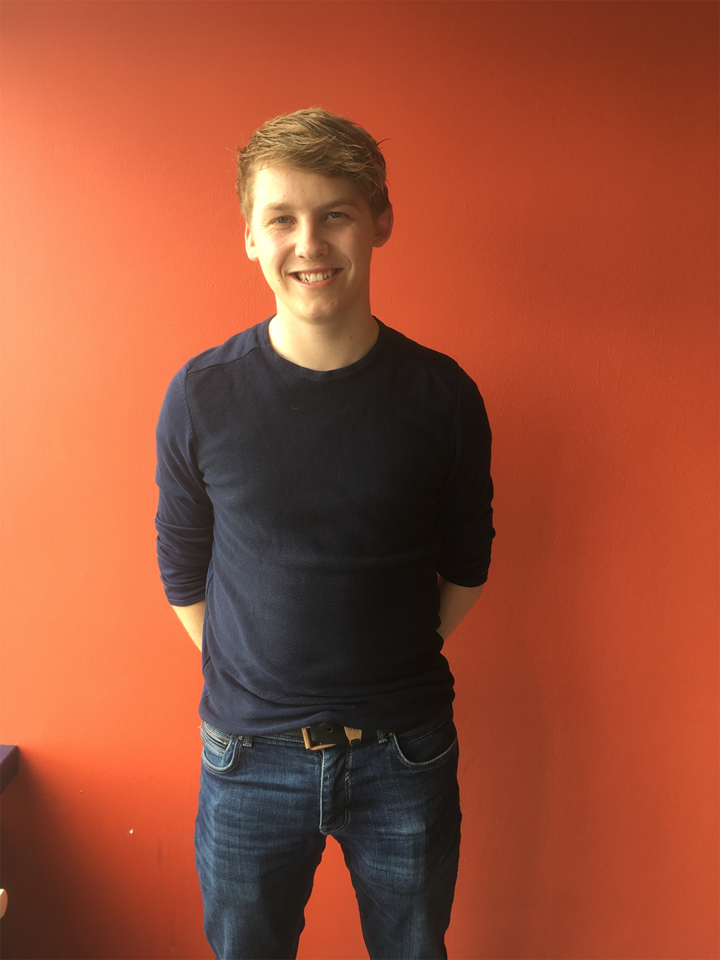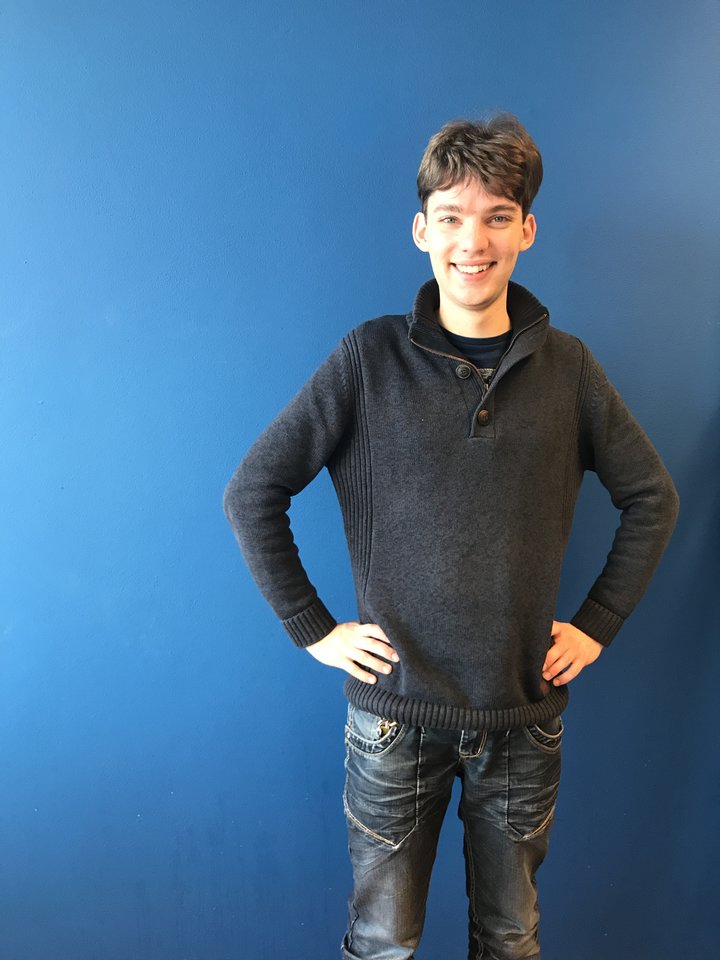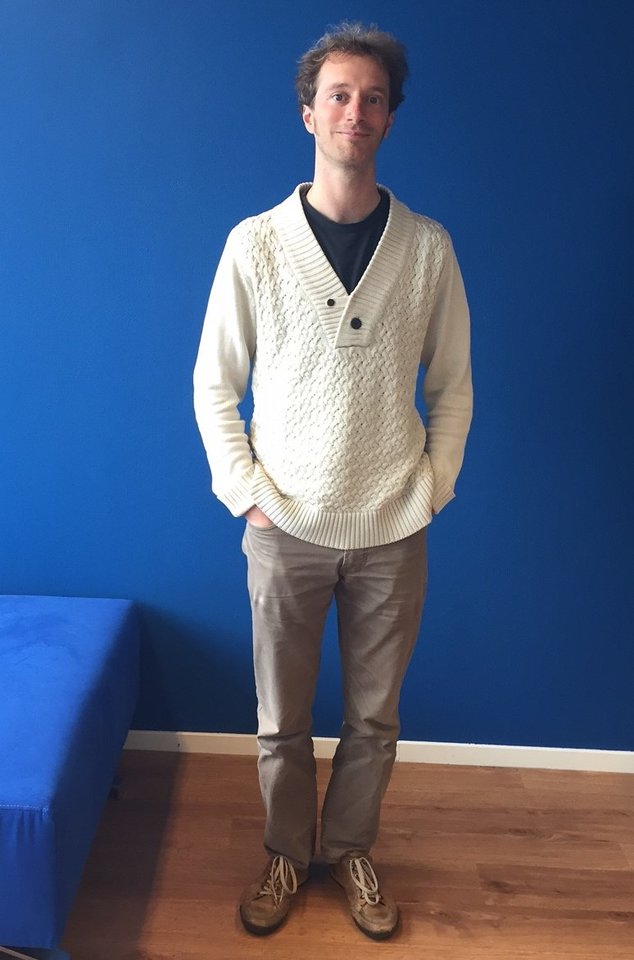In May, Assistant Professor in Statistics Joris Bierkens was awarded a Vidi grant for his research on Markov Chain Monte Carlo, ‘Zigzagging through Computational Barriers’.
The so-called Zig-Zag process is a new method that enables computers to calculate faster and more efficiently. “The subject is still in its infancy, and with this grant I hope to gain a better understanding of how the algorithm works,” explains Bierkens. “It’s also a theoretical issue. There are theorems that need to be proved. More variables make it more difficult to calculate. But the length of time the process will take to find an answer is also an interesting question. Ultimately I want to make this process reality.”
A good example of a real-life problem is an epidemic, such as a disease under livestock in several farms. If a farm is infected, the livestock must be culled. Such an infected farm is also an incidence of the infection. You don’t know where or when the infection took place. These are the hidden variables, and there are far more of these. For example: what has infected what, what are the characteristics of the disease, and how infectious is it? The answers are concealed among all the hidden variables, and searching for them takes up a great deal of time. So it does not particularly make sense to incorporate all the information of every step of the search. And with the ‘Zig-Zag process’ you no longer need to. This allows us to calculate far more efficiently and still reach the correct answer.
It was difficult to demonstrate that the process is correct. “It took me a year to show this, but fortunately I had help from colleagues, including those in Paris. Winning a Vidi grant brings a great deal of responsibility, but at the same time I see it as a huge honour and a recognition of all our hard work.”
